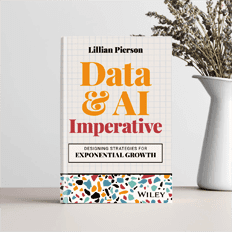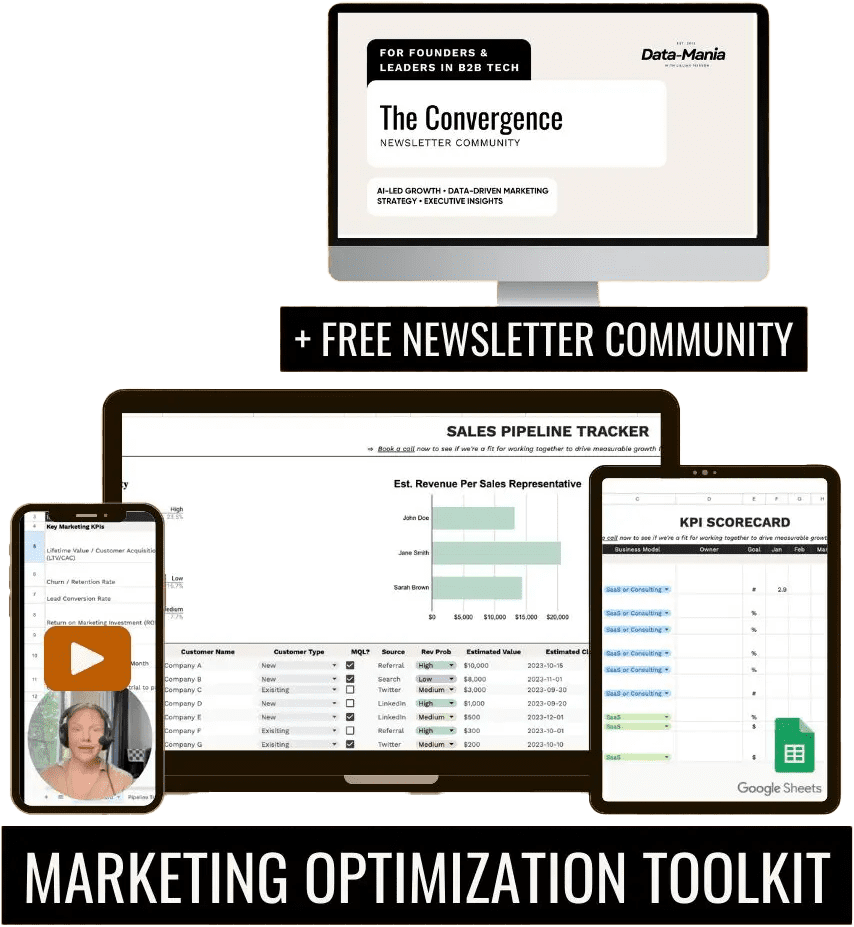I’m sure you’ve seen tons about “omnichannel analytics,” when you’re looking at web analytics jobs in the marketing data space, but you may not be sure what those are or how they’re useful in increasing sales and marketing ROI.
Worry not because in this article, I’m going to give you the low-down on omnichannel analytics with respect to how to use them to fine tune the performance of an omnichannel marketing strategy, and up your chances for landing that job.
YouTube URL: https://youtu.be/gNp6O3Mv2LA
If you prefer to read instead of watch then, read on…
For the best data leadership and business-building advice on block, subscribe to my newsletter below and I’ll make sure you get notified when a new blog installment gets released (each week). 👇
[convertkit form=5131701]
Who am I to tell you about omnichannel analytics and marketing strategy? Well, I’ve been using channel analytics to drive my business strategy that has taken our business to multiple-six figures in revenue and grown our community to over 650k data professionals so far.
Hi, I’m Lillian Pierson and I support data professionals to become world-class data leaders and entrepreneurs.
In all honesty, the data professional in me wants to jump straight into building channel scorecards from your omnichannel analytics, but that’s putting the cart before the horse. But if you’d rather do that, you can check out the video I did on Omnichannel Analytics and Channel Scoring for more sales and lower churn. These multi-channel marketing techniques will help get you more leads in no time. Check it out here.
Let’s start by defining what a channel is…
What is a “Channel”?
When it comes to scorable omnichannel analytics, when we use the word “channel” we are either talking about sales channels or marketing channels.
Sales Channels are the channels through which your company generates sales & distributes products or services. They could include:
- Website
- Email List
- Brick and Mortar Store
- Sales Calls
- Live Events
Marketing Channels are the channels through which people are made aware of your products and services. It’s where your company generates leads AND sometimes warming people up for the sale. Examples of marketing channels are:
- Website Traffic from SEO
- Website Traffic from LinkedIn, Instagram, Facebook
- Live Events
- Referral Sites
- Paid Ads
What does it mean to be omnichannel?
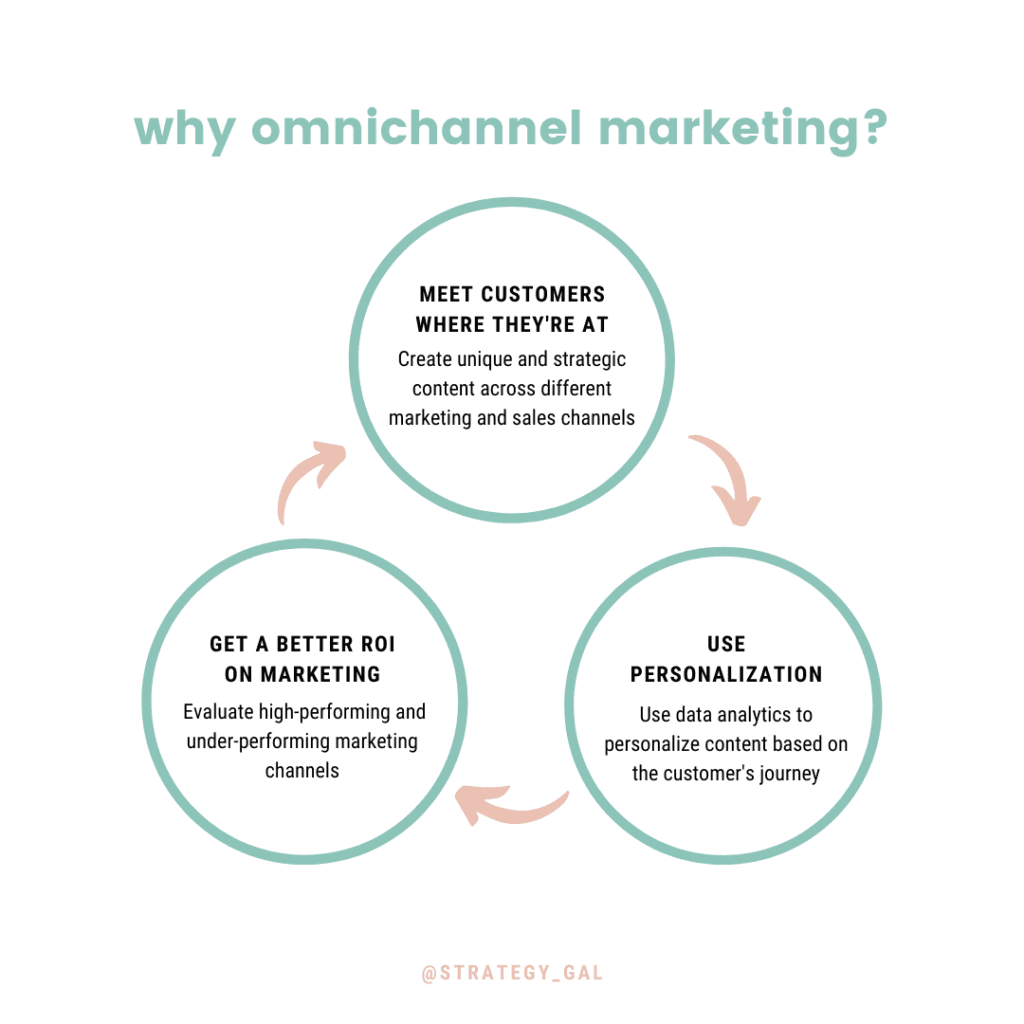
Omnichannel is a marketing approach that is centered around meeting your customers (and prospective customers) exactly where they are at. An omnichannel approach assumes that you have several channels through which you market to customers, and that you’ve identified what your customers want to see on each channel. Through omnichannel marketing, you’re able to show up and provide your customers different experiences on a channel-by-channel basis; thus allowing you to cater to your customers’ expectations and personalize their experience with your company based on where they’re interacting with it.
An omnichannel presence allows you provide your customers different experiences on a channel-by-channel basis.
If you think of marketing as a user – everyone goes to each channel for different reasons. For example, you don’t go to Instagram with the same intention you go to LinkedIn, Twitter or Facebook.
So when you’re building your channel strategy, you want to make sure that your marketing strategy and your content is reflective of the reason your customers are showing up there. It’s not a one-size-fits-all solution. You actually have to look at the analytics inside each of the different channels to figure out what the customers are expecting from you in each of those touch points.
Speaking of omnichannel… aren’t we all pretty much omnichannel in social media marketing nowadays? In the comments below, I’d love it if you’d tell me:
Which is your favorite social media platform and why?
What is Omnichannel Analytics?
Omnichannel analytics are analytics that demonstrate your customers’ interests and expectations along each of your sales and marketing channels. They also help tie your channel marketing efforts to a direct business ROI in terms of leads and sales.
Just a quick tip on what tools you can use to generate these types of analytics:
Segmetrics – I use Segmetrics for sales analytics – but it also is very good for putting a dollar amount on leads and sales you generate through various marketing channels – so it works for both.
Google Analytics – You can also use Google Analytics and Google Data Studio for omnichannel analytics with respect to both sales and marketing analytics.
There are tons of tools out there, but the trick is to find one that is affordable to your budget and doesn’t take too much downtime to set up. Segmetrics is both of those for me so it’s my absolute fave analytics tool ATM.
Omnichannel analytics for sales channels
Here in my business, I used Google Data Studio where it shows the conversion rates for the sales page:
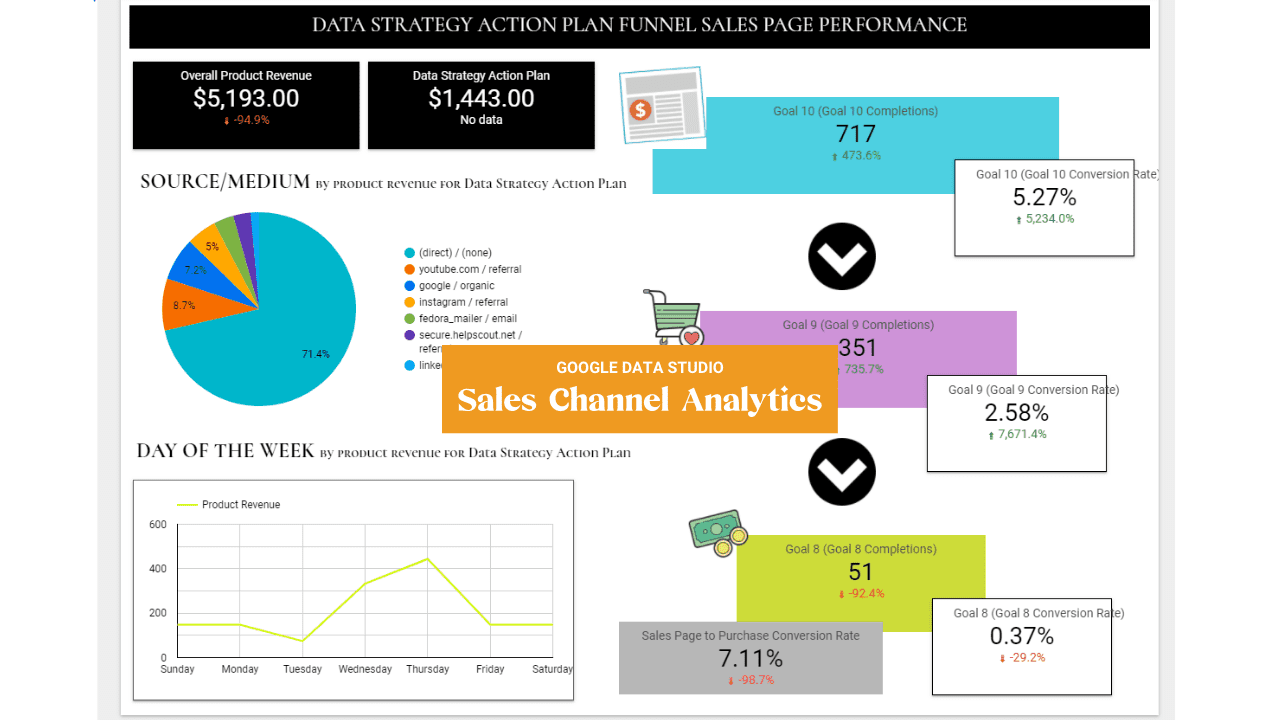

And here in Segmetrics, are the sales analytics that are reflective of the actual sales that are made straight off of each marketing channel:
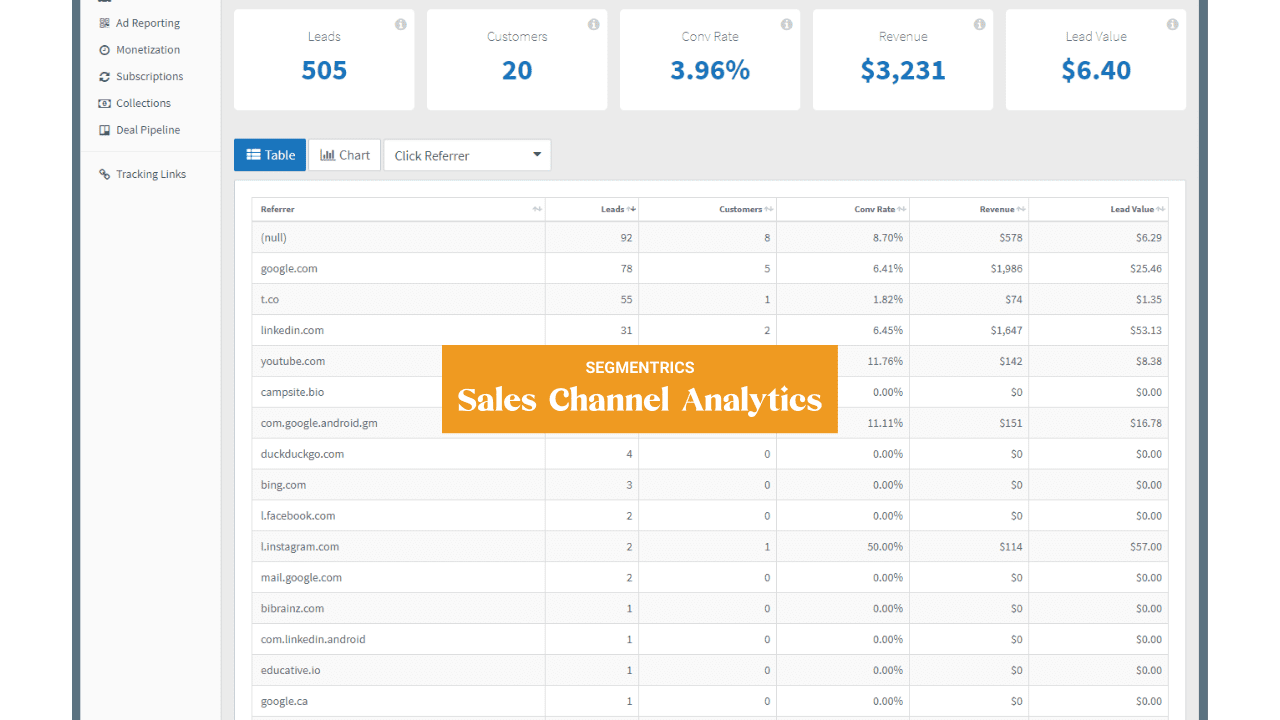

Just to put things in perspective for you, all of our marketing is organic and we don’t have paid ads running, so there’s no need to calculate ads cost against revenue to figure out the true performance of each marketing channel. But if your company is running ads, then you want to make sure that you subtract the ads cost from the revenues generated from each channel just because that would ultimately impact the actual ROI of the channel.
If you are loving all this talk about how to use data to inform strategy, then I think you’ll love the video I did on Evergreen Data Strategies. Watch it here.
Omnichannel analytics for marketing channels
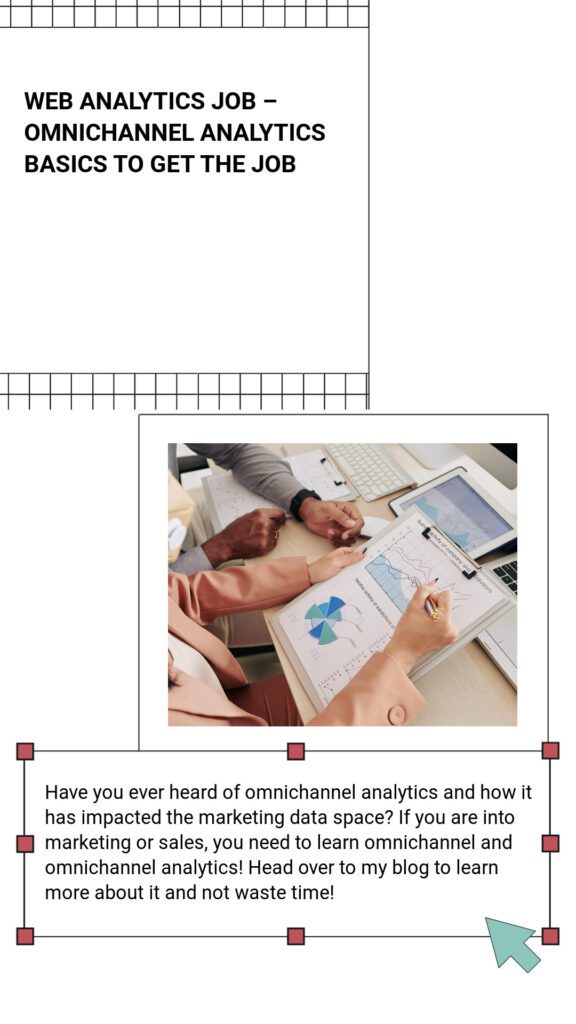

So, looking at the sales that were generated on my website, they didn’t just come from nowhere. Most of them are coming from our marketing channels that we used as funnels to convert potential customers from cold audience members to customers.
Our website sales came from:
- Google Search (SEO)
- YouTube
- Referrals
And it’s important to look at those channels because:
(1) Potential customers have different expectations and preferences for how they want to engage with your brand at its different touch points – and you want to demonstrate an awareness of that.
AND
(2) Double down on what’s working, fix what’s not – If you look at the marketing channel analytics you can optimize and double down on what’s working and cut out what’s not.
Makes sense right?
So now after reading this article and when you’re scrolling through those web analytics job descriptions and see that they’re looking for someone with experience in “Omnichannel Analytics” – you’ll know what that means.
If you’re digging this article on omnichannel analytics, then you’re going to love the web analytics tools I share over inside my FREE Data Entrepreneur’s Toolkit.
It’s complete coverage of the 32 Tools & Processes we used to hit multiple six-figures in my data business, Data-Mania.
Download the Toolkit for $0 here.
You may also love it inside our Data Leader and Entrepreneur Community on Facebook. It’s chalked full of some of the internet’s most up-and-coming data leaders and entrepreneurs who’ve come together to inspire and uplift one another.
Join our community here.
Hey, and if you liked this post, I’d really appreciate it if you’d share the love with your peers by sharing it on your favorite social network by clicking on one of the share buttons below!
NOTE: This description contains affiliate links that allow you to find the items mentioned in this article and support the channel at no cost to you. While this blog may earn minimal sums when the reader uses the links, the reader is in NO WAY obligated to use these links. Thank you for your support!



